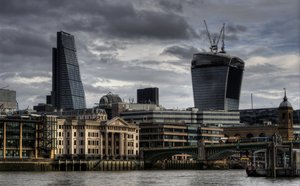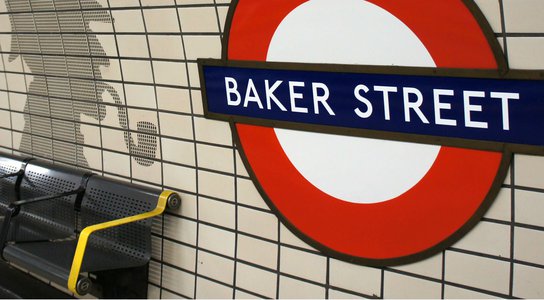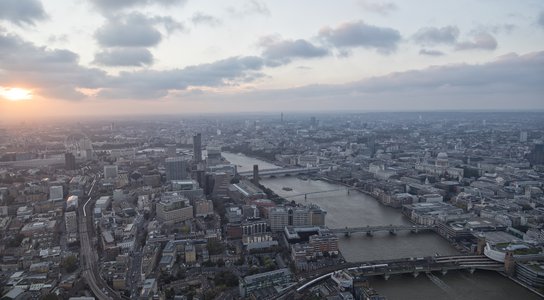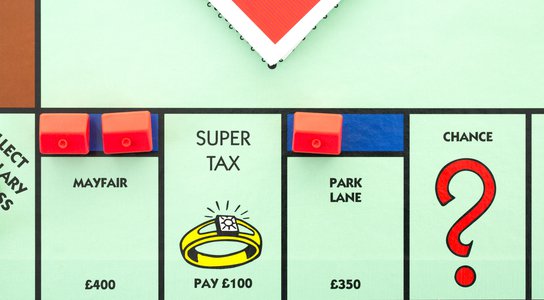What would you buy if money was no object? New shoes? A holiday? A house? What about a shark tank? Let’s be honest, most of us - even the most generous - have a dream wishlist of things they’d like to buy if they had the cash.

Our investigations - see Mystery on Baker Street, Blood Red Carpet and our coverage of a £10m mansion that belonged to Saadi Gaddafi for a quick 101 - have shown how money from developing countries ends up in the UK. And it usually starts with a luxury property in a luxury destination. Like London.
Happily the UK has woken up to the use of its property market as a go-to destination to give a fresh start to questionable funds. In April the government released new proposals that could bring London’s role as a safe haven for the corrupt to an abrupt end. And just yesterday a paper commissioned by Sadiq Khan recommended that the Mayor’s Office should lobby Government to increase transparency in London’s property market to ensure that there is no place for ‘dirty money’ to hide.
The government’s plan is to create an online register which would require the owners of overseas companies that own UK properties to be named. This would stop people from hiding their identity when buying a property allowing proper checks to be carried out on the source and legitimacy of their money.
The government’s proposals are, on the whole, a strong start. For one, the register will be a public database designed to open data principles - this means that tenants, businesses, investigators, and civil society the world over will easily be able to see who owns properties in the UK.
But to be truly game-changing, the next government will need to be more ambitious.
We think the definition of beneficial ownership proposed, which states that only those who have a 25% stake in a company need to be named, won’t work. A 25% threshold for ownership is just too high - our investigations have exposed a number of examples of allegedly suspect transactions involving a stake in the company of under this amount. To get to the bottom of who owns some of the UK’s most spectacular and expensive properties, we think the register needs to lower its definition of beneficial ownership to capture those who have 10% shares or voting rights in a company.
It should also cover trusts. We have seen time and again how trusts are used as the final step in complex chains of anonymous companies to disguise the ownership of expensive assets. If we don’t include them, what’s to stop people transferring their property to trusts and side-stepping the new law?
The information will also need to be properly analysed. When we looked into the register of UK companies last year we made some worrying discoveries: some entries on the register made no sense and others broke company law. To prevent this from happening with the new register, Companies House should be given the resources it needs to scrutinise the data properly and check that the information they hold is accurate.
Finally, and most importantly, the new register needs to be up and running as soon as possible. Another year in which the corrupt can buy properties with secret companies is another year for them to enjoy their ill-gotten gains.
Last month we a made a full submission to the Department of Business, Energy and Industrial Strategy - which you can read here.


